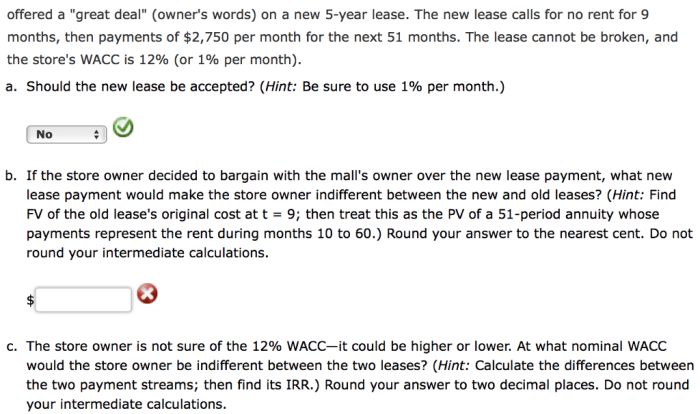A bargain and sale deed with covenants against grantor’s acts is a legal document that plays a crucial role in real estate transactions. It offers protection to the grantee (buyer) against potential claims or encumbrances on the property. This guide delves into the intricacies of this deed, examining its covenants, legal implications, and practical applications.
The bargain and sale deed with covenants against grantor’s acts serves as a cornerstone of property law, ensuring the secure transfer of ownership and safeguarding the rights of both parties involved in a real estate transaction.
Definition and Nature of Bargain and Sale Deed with Covenants against Grantor’s Acts
A bargain and sale deed is a legal document that transfers the title of real property from one party (the grantor) to another party (the grantee). It is commonly used in jurisdictions that follow the common law system, such as the United States and England.
A bargain and sale deed with covenants against grantor’s acts includes additional clauses known as covenants. These covenants provide the grantee with certain assurances and protections regarding the title and condition of the property.
Covenants Included in the Deed
- Covenant of Seisin:Warrants that the grantor has a good and marketable title to the property and the right to convey it.
- Covenant of Right to Convey:Asserts that the grantor has the legal authority to transfer ownership of the property.
- Covenant against Encumbrances:Guarantees that the property is free from any liens, mortgages, or other encumbrances that would affect its value or marketability.
- Covenant of Quiet Enjoyment:Ensures that the grantee will be able to possess and use the property without interference from the grantor or any third party.
- Covenant of Warranty:Promises that the grantor will defend the grantee’s title against any claims or lawsuits brought by third parties.
Effect of Covenants on the Grantee, Bargain and sale deed with covenants against grantor’s acts
The covenants included in a bargain and sale deed with covenants against grantor’s acts provide the grantee with significant protection and peace of mind. They ensure that the grantee is getting what they bargained for and that their ownership of the property is secure.
For example, if the covenant of seisin is breached because the grantor did not have a good title to the property, the grantee may be entitled to damages or rescission of the contract.
Exceptions and Limitations to the Covenants
While the covenants in a bargain and sale deed with covenants against grantor’s acts are generally very strong, there are some exceptions and limitations that may apply.
For example, the covenant of quiet enjoyment may not apply if the interference with the grantee’s possession is caused by a third party who has a valid claim to the property.
Questions and Answers
What is the primary purpose of a bargain and sale deed with covenants against grantor’s acts?
To protect the grantee from any claims or encumbrances on the property that may arise from the grantor’s actions or knowledge.
What are some common covenants included in such deeds?
Covenants of seisin, quiet enjoyment, further assurances, and freedom from encumbrances.
How do these covenants benefit the grantee?
They provide legal recourse in the event of any breach or violation of the grantor’s representations or warranties.
What are some exceptions or limitations to these covenants?
They may not apply to defects or encumbrances that were known to the grantee at the time of the conveyance or that arise from the grantee’s own actions.
